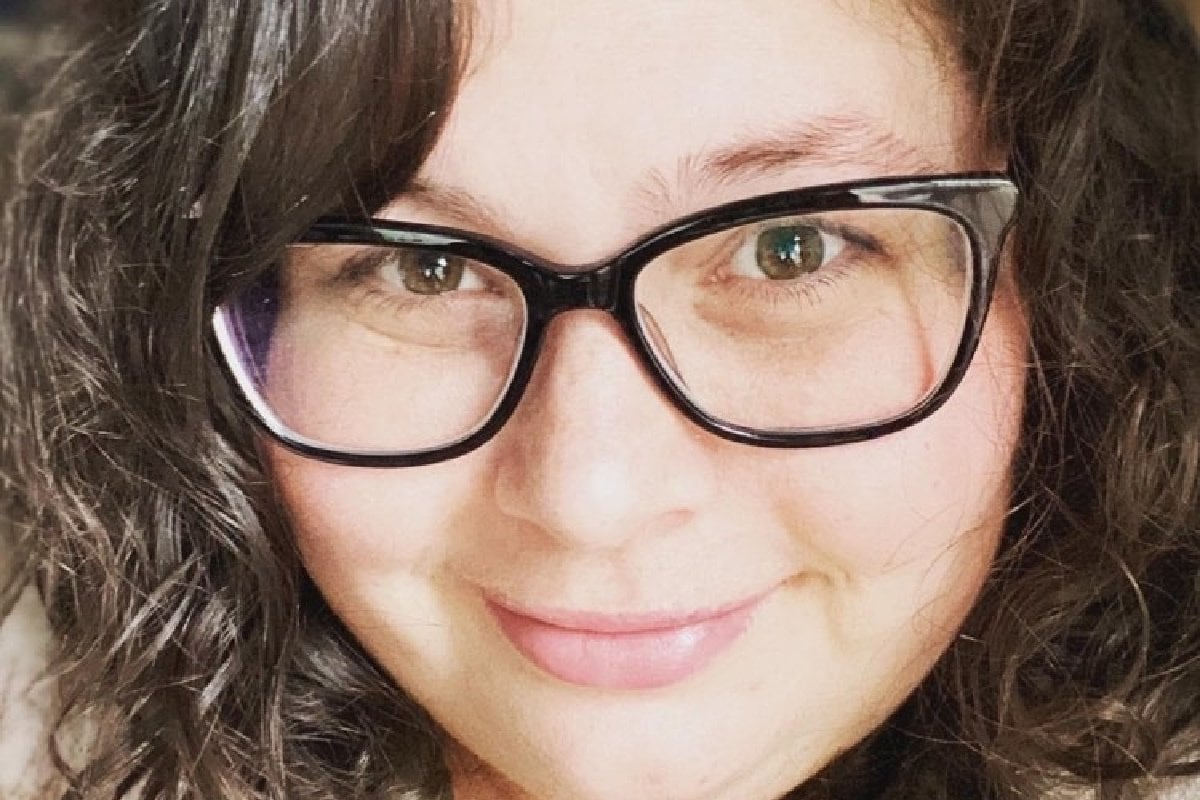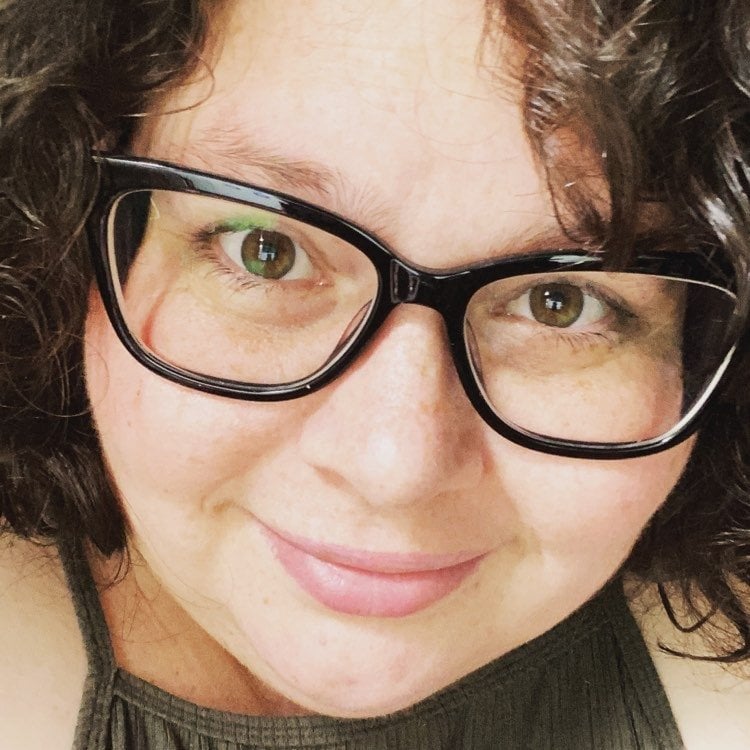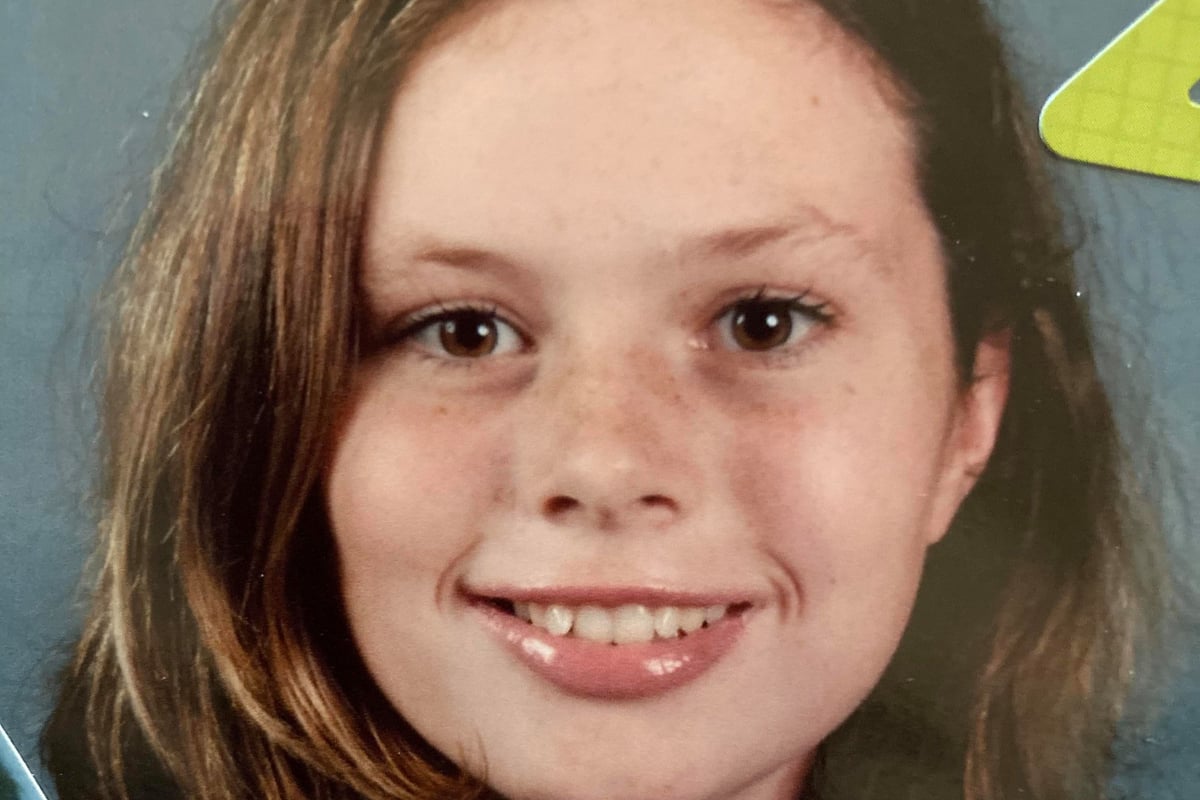
This post deals with sexual assault and might be triggering for some readers.
When Ashleigh Rae had her period, she had to find whatever she could to prevent leakage.
Paper towels. Tissues. Toilet paper. Or, if even those were in scarce supply, she would wear what she had for a longer duration.
“Which is not healthy,” the 30-year-old points out.
Ashleigh lived in poverty for the five years prior to 2020, while on JobSeeker, formerly known as Newstart.
The poverty line in Australia is around $816 a fortnight, according to the Australian National University. Ashleigh was significantly under this, averaging just under $500 a fortnight for the past six years - or an annual income of about $13,000. The payment has not been increased in real teams on a permanent basis since 1994.
Along with pads and tampons, there were numerous necessities she couldn’t afford, including a bra.
“I couldn’t even go to the cheapest of the cheap stores and buy a bra. We just went without so much.”
Ashleigh explains the experience of poverty is “an enormous crushing weight”.
“It is completely undignified and it dehumanises you.”
 Ashleigh is 30 years old and lives in Melbourne, Australia. Image: Supplied.
Ashleigh is 30 years old and lives in Melbourne, Australia. Image: Supplied.


Top Comments